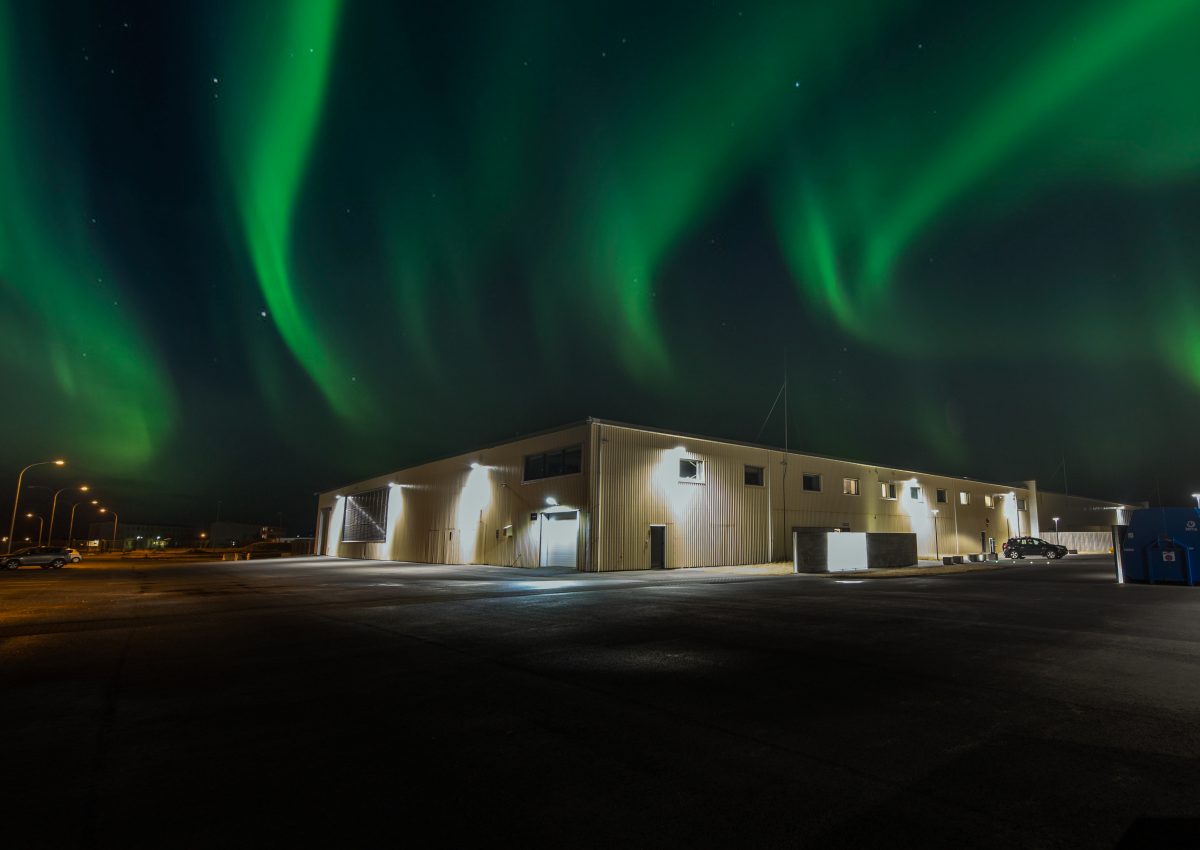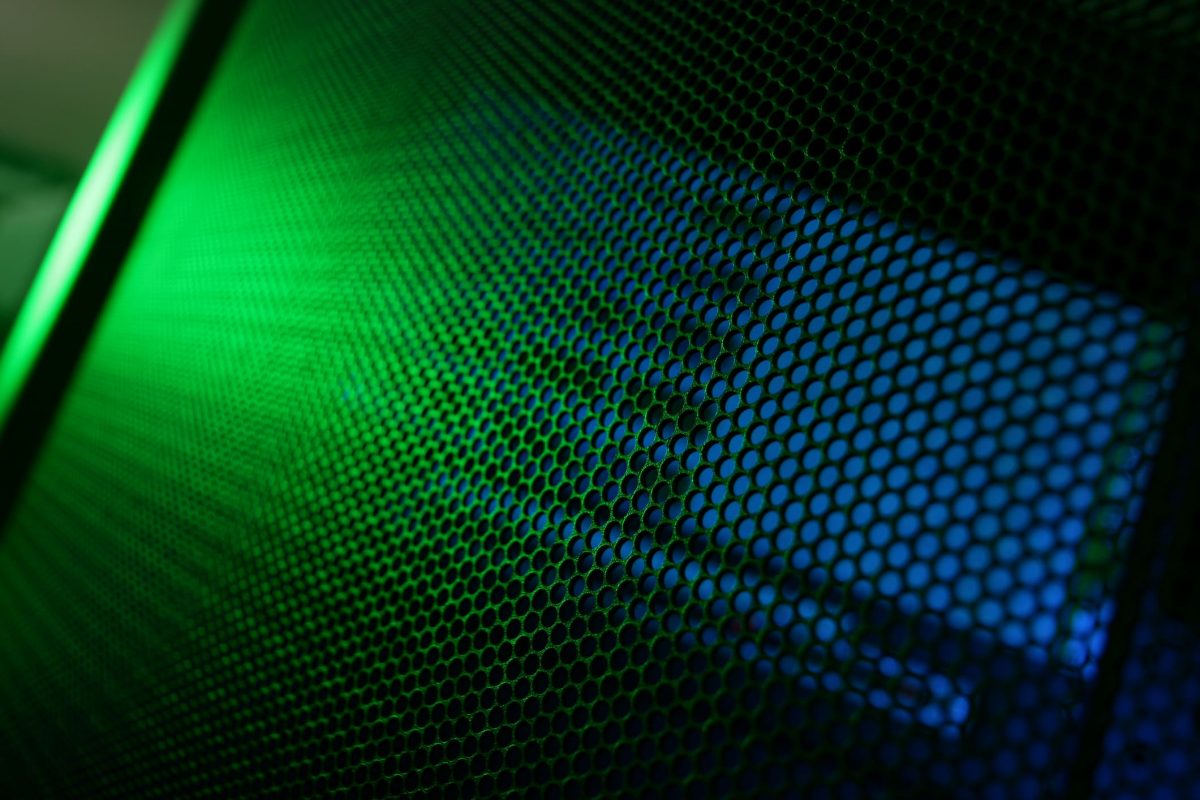Ardian will support Verne with up to $1.2bn of commitment to fund an ambitious and sustainable expansion plan across Northern Europe. Ardian is securing a newly green financing package underwritten by a group of tier 1 European and International banks. Management will benefit from Ardian’s expertise in the region, its industrial approach and experience across the full digital infrastructure value chain.


